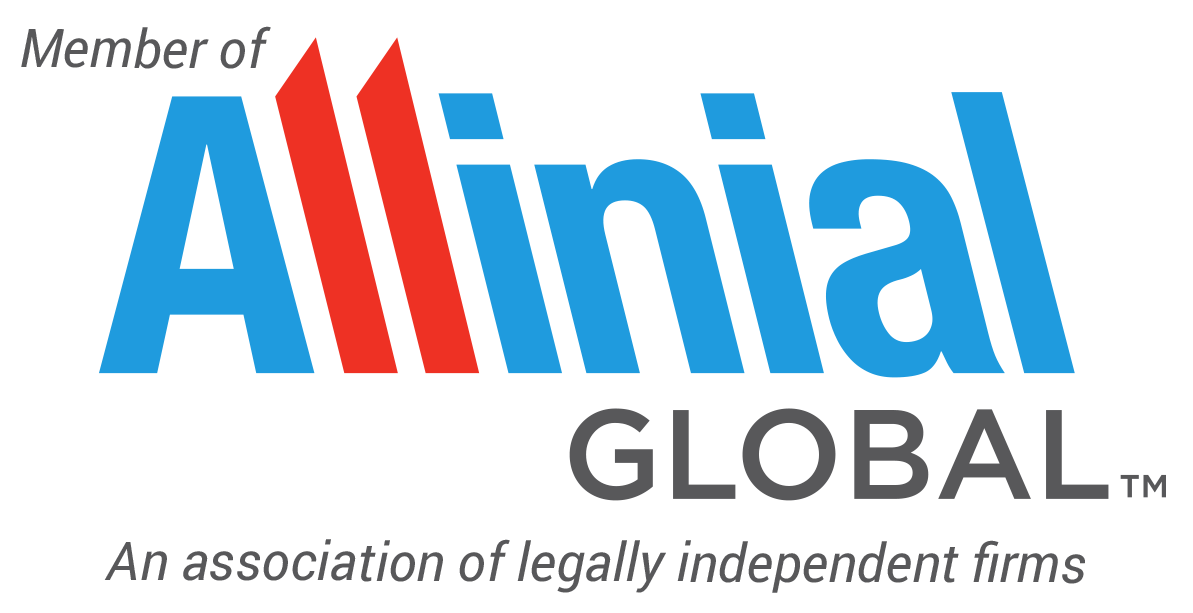It’s 2019 and you just signed for your biggest line of credit (LOC) to date. Congratulations! Upon reading the terms, covenants and other bank jargon contained within the agreement, you realize you will be required to produce audited financial statements from a CPA firm. What?!?! You were just loaned money so you can turn around and spend more money? Let’s discuss.
Firstly, what all is involved in an audit? Among other things, an audit requires the CPA to gather reliable evidence regarding the information provided in the financial statement. This is done by applying analytical procedures, confirming balances with banks and creditors, observing inventory counts, understanding internal controls, and testing selected transactions by examining supporting documents. Despite the amount of work that goes into an audit, it is not designed to examine 100% of all transactions. The audit report is not a “clean bill of health” nor does it provide a guarantee of accuracy or detection of fraud.
Has your banker considered a review? Reviews share the goals of an audit while providing a more cost-effective level of accountability and transparency. Because there are no third-party confirmations or tracing of numbers to original invoices, financial statement reviews will always be less expensive than an audit. And at ATKG we take the company’s balance sheet and analyze it every which way. Just like in audits, reviews require us to make inquiries and perform analytics. And because we like to know everything about our clients and their businesses, we often ask the probing questions that help clients see things from an outside perspective, and in almost all cases, realize the need for a process adjustment or maybe a trial balance correction. Additionally, as an external party that performs review services to a variety of businesses, we have the expertise to provide recommendations for improvements of internal control deficiencies that we identify during our review work. In the wrap-up meetings with our clients, we discuss the proposed journal entries, process improvements, and if applicable, internal control recommendations. In these meetings, we also ask for client feedback, so we know how to better serve them.
Financial statement reviews are not the only service alternative available. Do you need peace of mind on specific accounts or business cycles, such as inventory or accounts receivable? ATKG can perform agreed upon procedures (AUPs), which include audit-like procedures over selected accounts or elements of the financial statements. Besides its cost effectiveness compared to a full financial statement audit, the primary benefit of an AUP is that the parties (i.e. the banker and the organization) identify and develop the specific procedures to address their requirements. Is there concern about internal controls or fraud? You can engage ATKG to perform an internal control risk assessment. This type of evaluation may prove more valuable to you as a business owner as it creates awareness of the internal risks that could impact the organization’s ability to meet its objectives.
It is important to discuss with your banker or other third party the “why’s” of requiring an audit—what information do they want? You may be able to get more value with a review or other financial statement service that will better suit everyone’s needs.
Ruth Olivares is a Manager at ATKG and is a Certified Public Accountant and Certified Fraud Examiner. She graduated Cum Laude and obtained her bachelors and master’s degrees in Accounting from Trinity University. Ruth can be reached at 210.733.6611 or via email at rolivares@atkgcpa.com.
